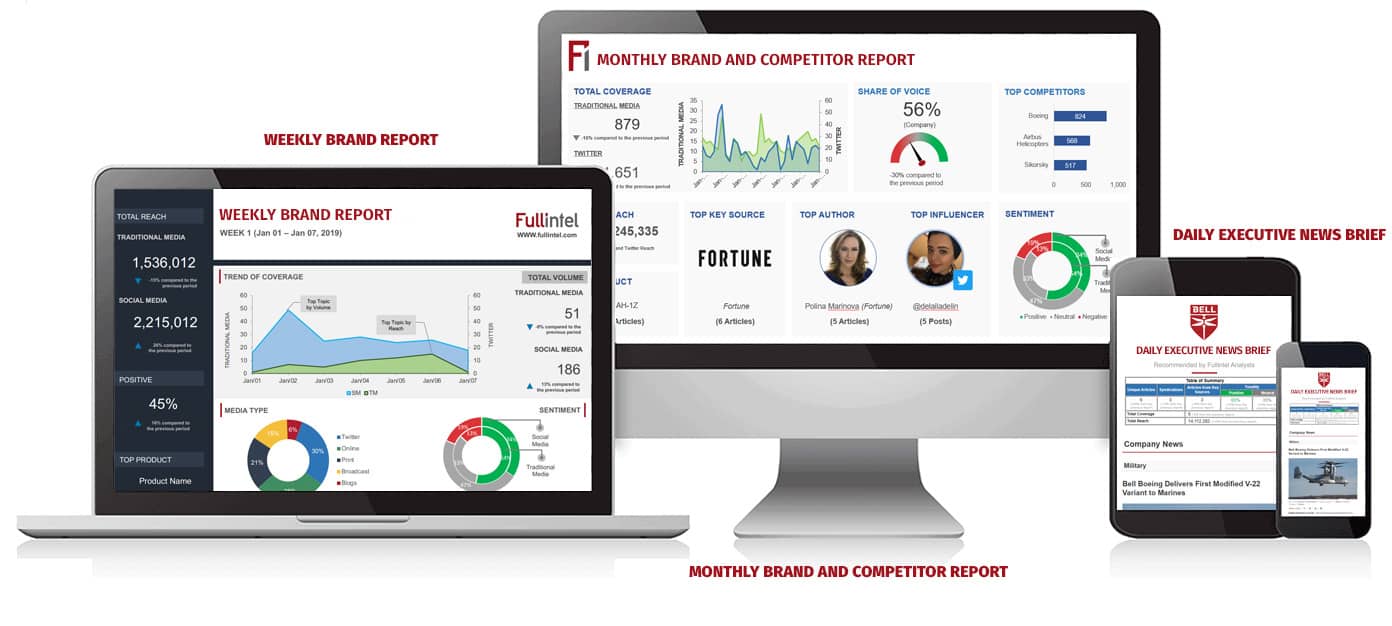
Divisive politics, according to the CEO of investment firm Blackrock, has made the term “ESG” (short for environmental, social, and governance) too hot to handle. Larry Fink said he was ashamed that discussions related to ESG have become politicized, as reported by Axios.
And politicized it is. Indeed, “Go woke and go broke” is a saying recently tweeted by another U.S. billionaire about certain regions of the US adopting socially progressive policies and, subsequently, losing value and wealth.
Whether that’s true or not is a matter of opinion and time. Billionaires, by and large, are not economists. And in terms of whether “going woke” actually makes companies go broke – well, that’s an open question.
In 2018 some consumers burned Nike shoes because of its stance on kneeling during the national anthem in response to police violence and the deaths of young black Americans at the hands of authorities. But while the bonfires of Air Force Ones raged, it’s worth noting the shoe manufacturer’s stock rose by 60% in the months that followed.
In other words, time will tell whether brands like Target and Bud Light bounce back. While in Nike’s case the brand doubled down, Bud Light and Target seem to have backed down.
Go Broke Indeed
Of course, this all confuses the discussion of ESG. Yes, the social aspect is part of it. But it isn’t the only measure – it isn’t even the most important in terms of business value in the short- or long-term. Corporate Social Advocacy (CSA) is not necessarily ESG.
Even critics of ESG admit that businesses often see a “greenium” in their stock price. Cost reductions, efficiency, and materials reduction are good for the environment and also good for business. That’s not driven by woke ideology. Rather, it’s driven by companies earning more revenue by reducing costs or taking advantage of governmental policies that provide benefits to businesses adopting sustainability standards.
$2 Trillion Backing ISSB Global Standards
Today institutional investors, including the largest pension funds in the world, require the adoption of sustainability standards. And that’s not because these investors aren’t interested in making money.
Take Canadian pension funds, which are an economic force. The Canadian Pension Plan, for example, is a $570 billion fund; the Ontario Teachers Pension Plan has $247 billion of assets under its management. Both have high sustainability standards. Collectively, the largest funds in Canada have agreed to adopt disclosure standards created by the IFRS Foundation. IFRS International Sustainability Disclosure Standards (ISSB) are a set of standards that require disclosure requirements similar to those used in accounting, but specific to sustainability metrics.
That’s not ESG – but it is ESG, at least with a different title. Maybe ‘adopting ISSB standards’ is a less shameful framing than the term ESG for folks like Fink. What will it take to unring the bell which could slow, or stop progress in sustainability at enterprises?
The amount of fear, uncertainty, and doubt being pushed about CSA and ESG means there are interest groups who have skin in the game preventing further adoption of these standards. An organized push against those interests, like we’ve seen from Canadian pension funds, maybe the only way to not throw the baby out with the ESG bathwater.
In the meantime, if you know an investment manager or private equity firm that doesn’t like when businesses reduce costs and increase revenue, then I have a bridge to sell you.



